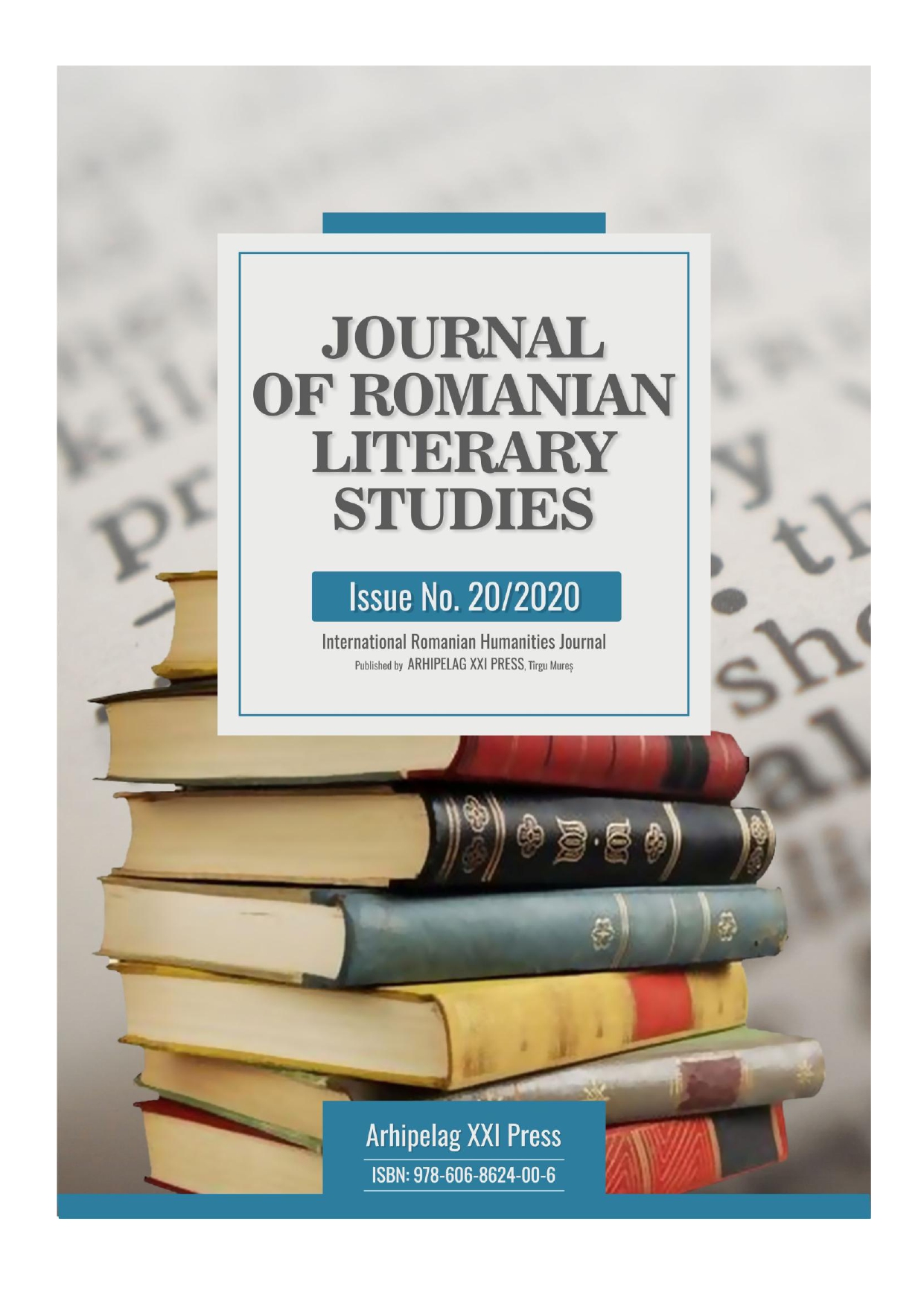CONTRIBUTION OF THE CLERGY TO ORGANISING THE ROMANIAN EDUCATION IN THE SOUTH OF THE DANUBE
CONTRIBUTION OF THE CLERGY TO ORGANISING THE ROMANIAN EDUCATION IN THE SOUTH OF THE DANUBE
Author(s): Claudiu CotanSubject(s): History of Church(es), School education, History of Education, Educational Psychology, Eastern Orthodoxy, Ethnic Minorities Studies, Sociology of Education, Pedagogy
Published by: Editura Arhipelag XXI
Keywords: education; clergy; minorities; schools; teachers; books; language;
Summary/Abstract: Besides serving within their parishes, the Orthodox, Catholic, Protestant, as well as Muslim clergy got involved in creating and coordinating the schools in the Ottoman Empire, which functioned most times close to the holy places of worship. The promotion of the rights of the communities in minority in the 19th century brought about the emancipation of the education. Little by little the religious rights came to be observed by the Ottoman administration and by the Ecumenical Patriarchate which had to cede to the pressure of the Orthodox peoples of the Balkans. Thus, the education in the language of the communities in minorities have become a reality, even if the new states formed in the Southern Danubian space after the fall of the Ottoman Empire manifested obvious reticence to observe the social and cultural rights of these minorities. The Romanians of the Balkans have also come up such hardships. The Romanian population in majority in Dobrudgea had to fight intensive fight for defending their rights during the Ottoman domination. I shall present in this study the role of the clergy in organising the Romanian education in the Balkans and in Dobrudgea.
Journal: Journal of Romanian Literary Studies
- Issue Year: 2020
- Issue No: 20
- Page Range: 207-219
- Page Count: 13
- Language: Romanian

